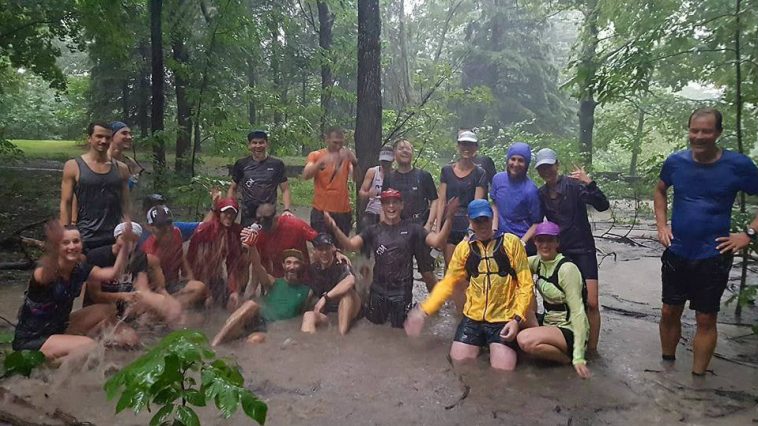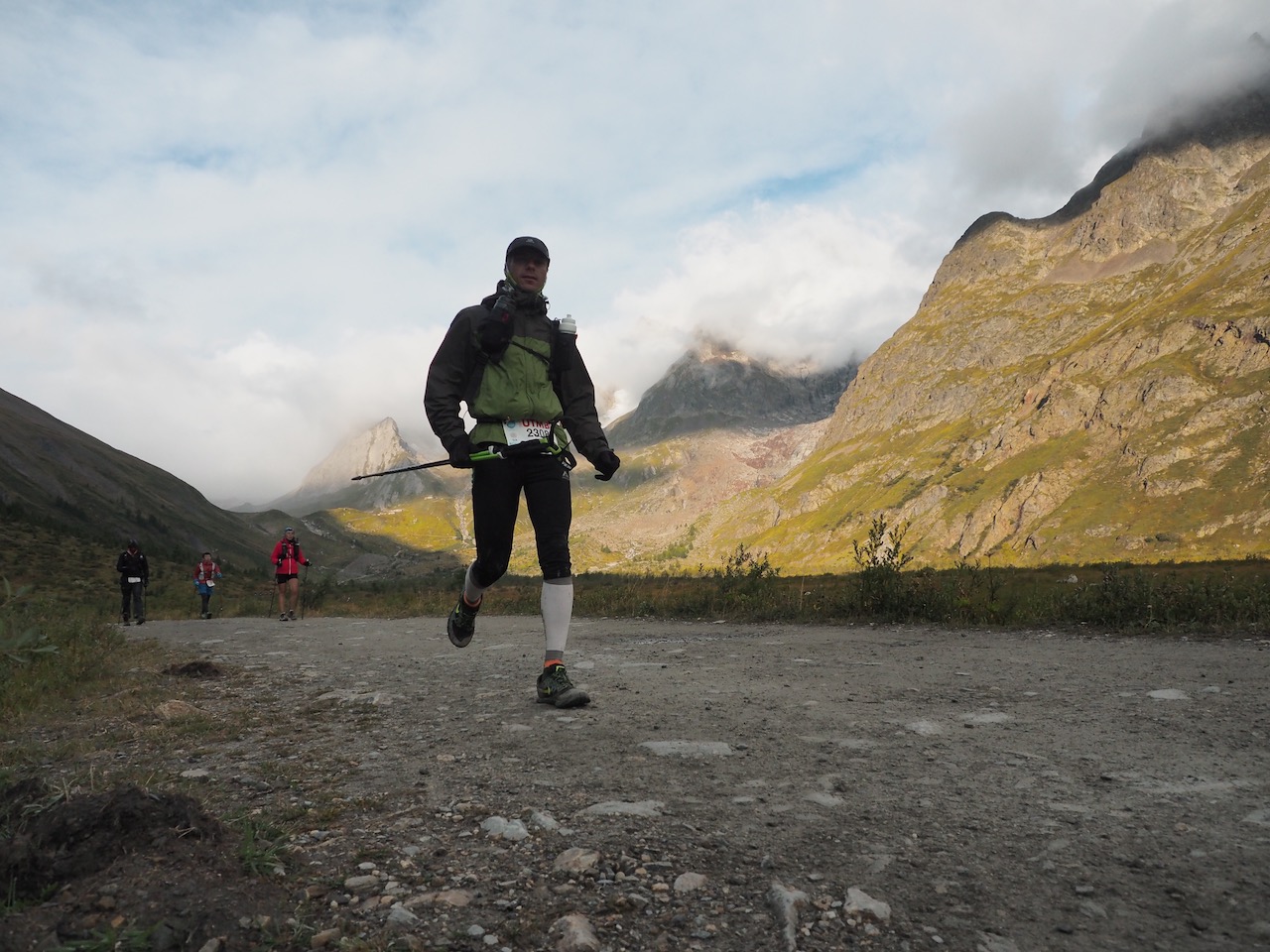Are ultramarathoners and Ironman enthusiasts irresponsible thrill seekers who naively put their health at risk as reported by many detractors? Let us answer this question objectively on the basis of the most current scientific research and publication.
The American College of Sports Medicine and the Canadian Society for Exercise Physiology recommend a minimum of 150 minutes per week of physical activity at moderate intensity, or 75 minutes per week of high intensity for the general adult population.
As little as 30 minutes per week of walking (10 min / day, 3 days / week) can have a positive impact on health. The effects are well recognized: improvement in fasting blood sugar, lower bad cholesterol and anxiety levels, better mood, better digestion, better sleep, increased energy levels and better concentration, better efficiency at work and even increased libido!

At least three recent meta-analyses on the subject point to a 20-50% reduction in the human mortality rate with the addition, increasing the importance of higher intensity and duration of physical activity. No drugs nor medical or surgical interventions have ever been able to advance such figures to date. Even Aspirin, the great champion of the pharmaceutical industry, cannot match the benefits of physical activity.
Do note, however, that the training period studied was capped at only 300 minutes per week at moderate intensity, which is far from the training burden in which the more questionable running addicted minds indulge. Do gains fade after a certain duration or intensity? Could negative effects appear beyond a certain threshold? Unfortunately we currently do not have sufficient information to answer precisely this tricky question. If, however, we use our current knowledge to extrapolate a plausible assumption, there is nothing to suggest that the likelihood of death would increase with an increase in training. We know that the more we exercise, the greater the benefits. It is reasonable to believe that training for ultras is even more beneficial than training for shorter distances.
Following an ultra-endurance test, such as a 50 kilometer race or more; the heart, like the legs and other overexerted muscles, is tired and can no longer generate as much force. All muscle tissues need recovery time. When the heart exerts a marked effort and falls into a state of fatigue, it releases biomarkers (troponins, CPK-MB and BNP) which can be measured in a laboratory with a blood test. These can remain transiently high for up to 10 days. Recent cardiac magnetic resonance studies have shown no damage to the heart muscle associated with this elevation following a marathon event. We can reasonably suggest that it could be a sign that the heart, like the legs, rebuilds itself after exercise to be stronger and even better in the next training regimen or race.
In conclusion, I would like to add that the risks associated with running are very minimal and vague compared to the many benefits which are clear and tangible. For example, we know today that the long-standing accusations of premature knee wear related to running are completely false.
Running, regardless of training level, remains the most accessible, safe and health-enhancing physical activity. It’s a no-brainer.
Let us praise athletes, rather than condemn them. Let us stress the importance of the efforts and sacrifices which not only contribute positively to our health, but continue to be a source of inspiration and motivation in all other challenges posed by daily life. Let’s positively influence our children, families, colleagues and friends. Let the running epidemic be like a pandemic, let it absolutely be contagious!
Translation : Caroline Beaton


